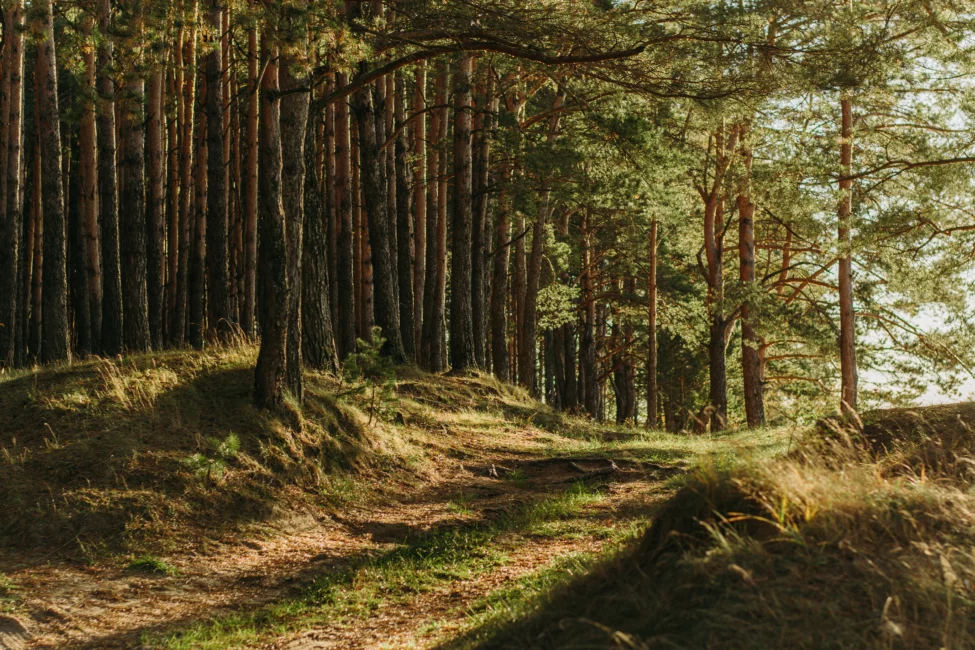Nature is restorative! Use it often.
Connecting with nature is a wonderful self-care activity that is restorative, a slight geeking out on the science of why.

I do not consider myself a person with a strong connection to nature, but I’m working on it. I didn’t grow up camping, I refuse to swim in bodies of water where I cannot see the bottom, and I’m 65% convinced I will die while riding my bicycle (but I’m working on that too… slowly). But I am an environmentalist and committed to improving my sustainability. Establishing a relationship with nature supports this value, so I’m trying to become a “nature person” in my 40s.
A huge body of research within environmental psychology supports the connection between nature and our wellness. The amount and quality of green space we can access positively correlates with our health. There is even research demonstrating lower mortality rates for those who live near accessible green space (even when controlling for income, which is unfortunately related to green space access, as greener neighbourhoods tend to be more expensive neighbourhoods).
Spending time in nature is restorative. We experience psychological and physiological recovery triggered by natural environments (Joye & van den Berg, 2019).
Interestingly, there is no consensus on exactly how natural environments are restorative. Some researchers claim that natural environments allow our bodies to recover from stress. I can get behind this: My body feels different if I write to you on Sunday mornings in my backyard versus my (pretty messy) office.
Other researchers claim that natural environments allow our attention to recover. After spending a lot of time in “built” environments (like offices, cars, stores, factories, parking lots… you get it), our attention is fried. But nature’s visual patterns and sounds give our attention a break so that it can recover. I can get behind this too.
Regardless of why, spending time in nature is good for us. And it’s good for sustainability. Forming a relationship with nature motivates us to care about and for nature. I don’t often make explicit self-care recommendations, but this is one of them! As one idea, I leave you with this video about shinrin-yoku (forest bathing).
In self-care solidarity,

